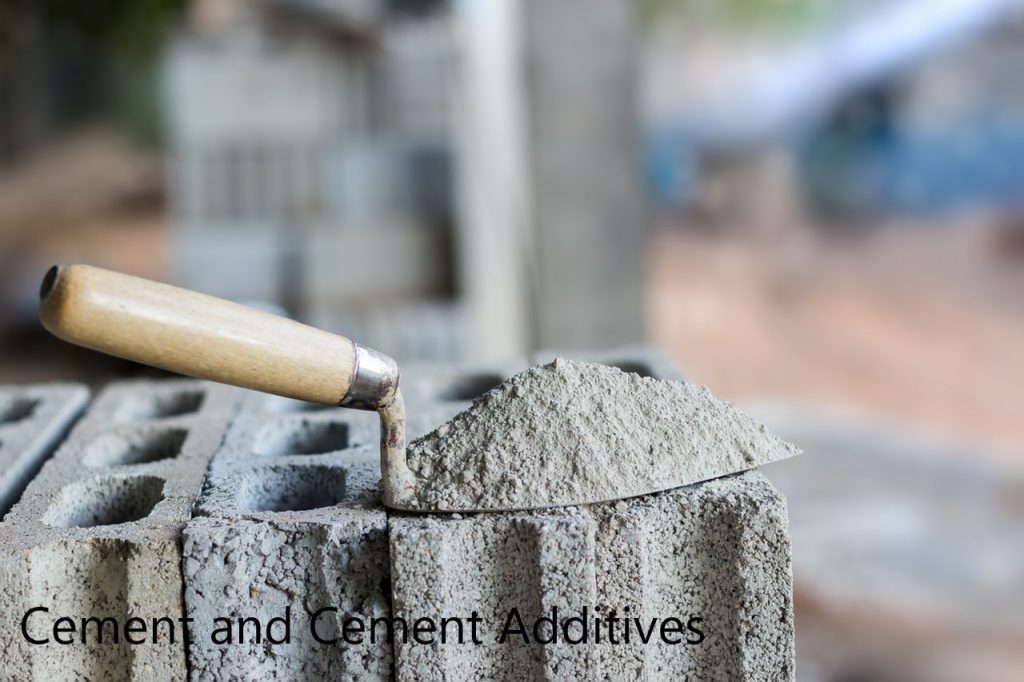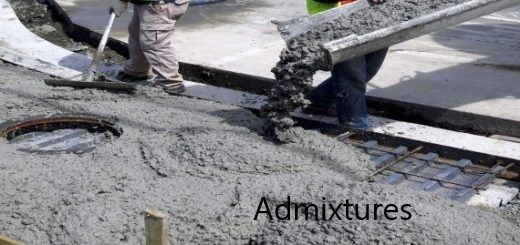TMT stands for Thermos Mechanically Treated. TMT steel bars are produced to have higher strength than the other type of steel available in the construction sector.
When characteristic strength of the Tor Steel 460 N/mm2, TMT bars increases it to 500 N/mm2. In addition, there are different other steel grade has a characteristic strength of 550 N/mm2 and 600 N/mm2 yield strengths.
Further, due to the geometry in the cross-section where the out cores are harder and core is softer, its other properties such as weldability, elongation, etc. are also enhanced. These properties are achieved through the manufacturing process.
There are three main stages in the manufacturing process of the TMT steel bars after they converted into the preferred sized shape from billets by sending through the rolling mills with high temperatures.
- Quenching
- Self tempering
- Atmospherics cooling
Quenching
In this process, the water will be sprayed into the bar in a controlled manner. It is a specially designed system that allows the water to reach the surface of the steel bar and to make rapid cooling of the outer surface. This process is done to harden the surface and to maintain the core soft and heated.
Self Tempering
After the quenching process, the bar will be subjected to self tempering. Sine the core temperature is higher, it will transfer the heat to the surface. This causes the tempering of the hardened outer surface and it forme the tempered martensite structure.
Atmospheric Cooling
Then the bars will be kept on special beds that allowed the cool the bars slowly. This makes the core more ductile. Finally, the structure of the steel becomes a strong outside layer and ductile core.
TMT bars are more corrosive resist, more tensile strength, durability and almost zero defect in the surface. Further, as discussed above they can be welded. However, the welding shall be done in control manner to avoid the damages to the reinforcements. Most to the time, it can be seen that the damages of the reinforcement bars due to the higher heat.
Advantage of TMT Bars
- Higher ductility and bending ability
- Fire resistance
- Resistance to corrosion
- Resistance to earthquakes
- Higher bonding ability
- Cost-effectiveness


